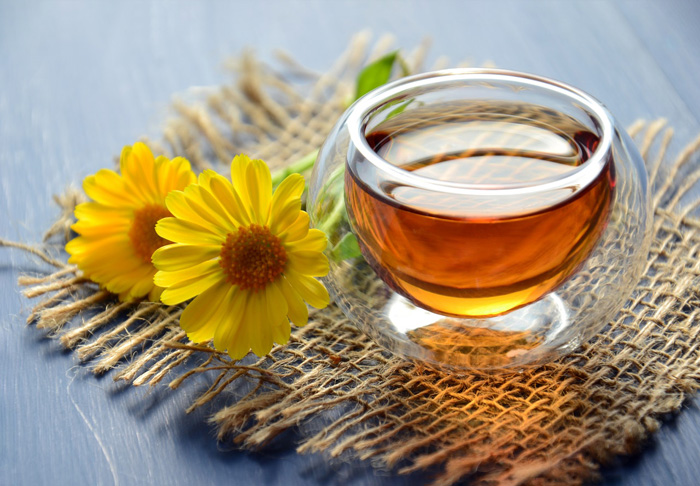Know your skin better and then pamper it.
If you have…
Combination Skin
You should know: That yours is the commonest skin type. Usually plump and evenly colored, your skin has a slight oily panel across the nose, chin and forehead, which is commonly called the T-zone.
Your Strategy: Treat the two zones separately. Give the oily bits the sebum absorption they need and keep the dry parts moist.
Your Diet: Since your skin has both oily and dry elements, the key word for you is balance. Make sure you get plenty of everything in the right proportion – carbohydrates, minerals, proteins and vitamins.
Your Best Friends: Nourishing masks, night creams and moisturizers with sun protection.
Your Enemies: Harsh products for the T-zone, exfoliating scrubs, and leaving make-up on overnight. Strong alcohol based toners.
Dry Skin
You should know: That your skin is unable to produce protective oils, so it cannot retain moisture very efficiently. Experts say there are actually two type of dry skin – simple and complex. Anyone under 35 whose glands do not produce enough sebum is said to have simple dry skin. But after that age, if your skin develops enlarged pores, brown spots and begins to sag, the result is complex dry skin, which requires more intensive care.
Your Strategy: Don’t saturate the skin with oil – it’s a common mistake. What you really need is plenty of water and beauty products that are rich in moisture. Take care to protect your skin from harsh elements such as the sun and wind.
Your Diet: Drink plenty of water, so that you irrigate every cell of your being. This single step will ensure that your skin glows with the radiance of youth.
Your Best Friends: Products containing sealants to prevent moisture loss, such as silicone and collagen. A good daytime cream, and nourishing and hydrating masks work well; along with products that contains Vitamin E, avocado oil, almond oil, hyaluronic acid and ceramides. Look for products that contain ‘humectants’, these are substances that seal moisture in. Milk and honey are naturally rich in humectants.
Your Enemies: Exposure to the sun, excessive lubrication and products containing alcohol and fragrance.
Oily Skin
You Should Know: Oily skin can be caused by many factors, which include diet, birth control pills, the cosmetics you use and hot weather. In general, the skin tends to become drier with age, but it is not uncommon to see adults with acne.
Your Strategy: Is to keep skin clean. A twice-daily good old soap and warm water rinse is usually enough to keep skin from getting clogged, but avoid harsh soaps that will make your skin flaky.
Your Diet: Restrict your consumption of sugar, fat and salt. Cook your food in high-quality cold-pressed oils, such as olive oil. Nourish your skin with Vitamin B2, which is found plentifully in whole grains, beans, yeast and wheat germ.
Your Best Friends: ‘Oil-free’ foundations and moisturizers. People with oily skin often mistakenly assume that they don’t need moisturizers. However, you do need to keep your skin moist, so choose a good quality moisturizer that will help you maintain a shine-free complexion. Use products that are labeled non-comadogenic and non-acnegenic. Antibacterial essential oils such as tea tree, grapefruit, chamomile, bergamot and thyme are very beneficial for you.
Your Enemies: Harsh, stripping products that have a high alcohol content. Foundations with a ‘glossy’ or satin finish. Harsh toners, soap and water, oil based moisturizers. Also keep those hands away from face!
Sensitive Skin
You Should Know: That yours is not really a skin type; it’s a condition. Whether dry or oily, your skin is easily irritated and begins to show angry, red patches and/or flakes when it is disturbed.
Your Strategy: Be gentle with your skin. Use only genuine products.
You Need: Products labeled hypoallergenic or those that contain skin soothers such as kaolin, chamomile and aloe.
You Must Avoid: Products containing alcohol, surfactants (detergents used in certain cleansers and soaps), fragrances and some plant extracts. Definitely avoid exposure to the sun.




